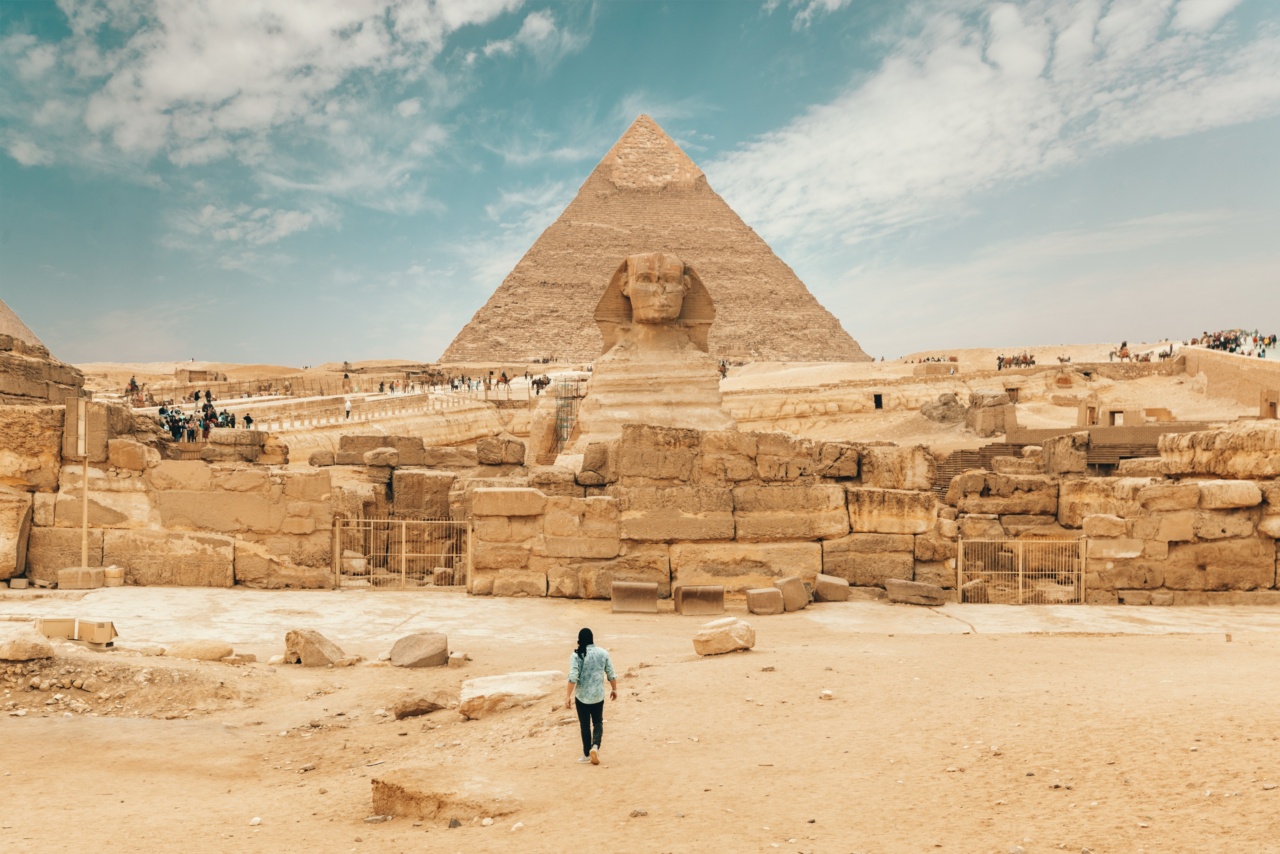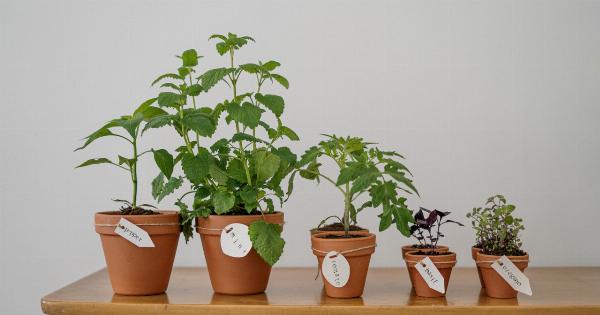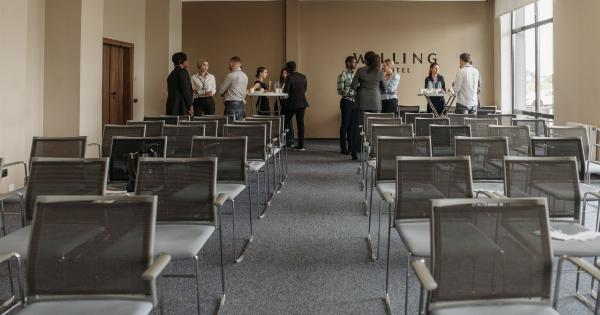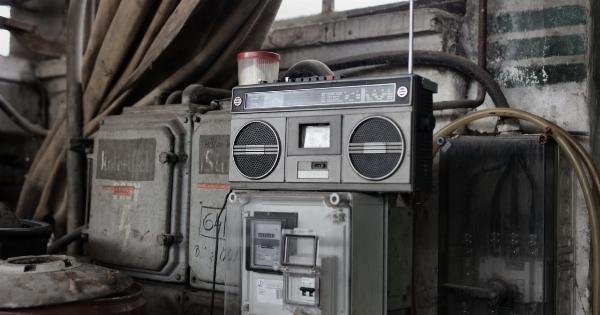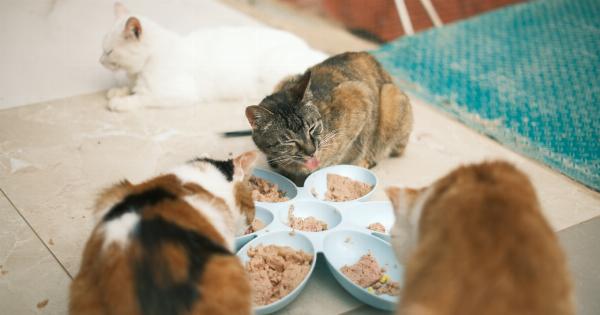Do you often feel bloated and gassy? You’re not alone. Millions of people suffer from bloating and gas every day. These uncomfortable symptoms can be caused by a variety of factors, from diet and lifestyle to medical conditions.
In this article, we’ll take a closer look at the causes of bloating and gas and provide you with some tips to help you beat it once and for all.
What Causes Bloating and Gas?
Bloating and gas can be caused by a number of things, including:.
1. Diet
Your diet plays a big role in how your body processes food. If you eat too much of certain foods, or if you eat them too quickly, your body may have a harder time digesting them, which can lead to bloating and gas.
Foods that are high in fiber, such as beans and vegetables, can also cause bloating and gas in some people.
2. Medical Conditions
Certain medical conditions, such as irritable bowel syndrome (IBS), Crohn’s disease, and celiac disease, can cause bloating and gas.
If you have persistent bloating and gas, it’s important to talk to your doctor to rule out any underlying medical conditions.
3. Lifestyle Factors
Stress, lack of exercise, and poor sleep can all contribute to digestive issues, including bloating and gas. Taking steps to reduce stress, exercising regularly, and getting enough sleep can all help improve your digestion and reduce bloating and gas.
Tips to Beat Bloating and Gas
Now that you know what can cause bloating and gas, let’s take a look at some tips to help you beat it:.
1. Slow Down When Eating
Eating quickly can cause you to swallow air, which can lead to bloating and gas. Take your time when eating, and chew your food thoroughly. This will help your body digest your food more easily, which can reduce bloating and gas.
2. Drink Plenty of Water
Drinking plenty of water can help keep things moving in your digestive tract, which can reduce bloating and gas. Aim for at least eight glasses of water per day.
3. Avoid Foods That Cause Bloating and Gas
If you know that certain foods cause bloating and gas for you, try to avoid them. Common culprits include beans, broccoli, cabbage, onions, and carbonated drinks.
4. Exercise Regularly
Regular exercise can help improve your digestion and reduce bloating and gas. Aim for at least 30 minutes of moderate exercise per day, such as walking, jogging, or cycling.
5. Try Probiotics
Probiotics are live bacteria that can help improve your gut health and reduce bloating and gas. You can find probiotics in foods like yogurt, kefir, and sauerkraut, or you can take a probiotic supplement.
6. Reduce Stress
Stress can wreak havoc on your digestive system, so it’s important to take steps to manage your stress levels. Try meditation, yoga, or deep breathing exercises to help reduce stress and improve your digestion.
7. Get Enough Sleep
Getting enough sleep is important for many reasons, including digestion. Aim for at least seven to eight hours of sleep per night to help improve your digestion and reduce bloating and gas.
8. Try Digestive Enzymes
Digestive enzymes can help your body break down food more easily, which can reduce bloating and gas. You can find digestive enzyme supplements at your local health food store.
Conclusion
Bloating and gas can be uncomfortable and embarrassing, but they don’t have to control your life.
By making some simple changes to your diet and lifestyle, and by trying some of the tips we’ve provided, you can beat bloating and gas once and for all. Of course, if your symptoms persist, it’s always a good idea to talk to your doctor to rule out any underlying medical conditions.
